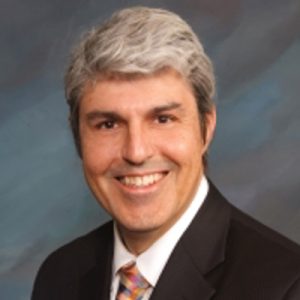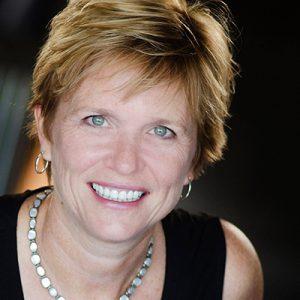Proteomics for precision medicine: Next-generation testing to indicate future cardiovascular risk and improve outcomes
Proteomics for precision medicine: Next-generation testing to
indicate future cardiovascular risk and improve outcomes
Proteomic testing can reveal multiple answers to clinical questions that allow providers to better predict, monitor, and prevent the escalation of cardiovascular disease (CVD). This allows providers to move the needle away from the practice of late-stage treatment and toward treating at-risk patients sooner and before a major cardiovascular (CV) event.
Topics covered include:
- The capabilities of proteomics
- How comprehensive protein detection technology can accurately predict major cardiovascular events
- How proteomic testing can ultimately improve outcomes

Nelson Trujillo, MD
Cardiologist
Boulder Heart at Anderson Medical Center

Rosalyn Gill, PhD
Vice President, Medical Affairs
SomaLogic, Inc.

Todd Johnson
Executive Vice President, Diagnostics
Business Unit
SomaLogic, Inc.
Proteomics for precision medicine: Next-generation testing to indicate future cardiovascular risk and improve outcomes
A presentation by Nelson Trujillo, MD, Rosalyn Gill, PhD, and Todd Johnson
More webinars
WebinarProteomics in Clinical Trials: Lessons from Semaglutide Treatment in Individuals with Obesity
Advancements in proteomic profiling have opened new avenues for understanding the complex mechanisms underlying obesity and its comorbidities. By measuring thousands of proteins at once, researchers gain a comprehensive view of an individual’s metabolic health, revealing subclinical processes and pinpointing potential therapeutic targets.
WebinarPathways to Digital Health: AI and Omics in Rheumatoid Arthritis
Explore how groundbreaking proteomic research is transforming our understanding of rheumatoid arthritis (RA). In this on-demand webinar, Allan Stensballe, PhD, shares new insights into the molecular landscape of RA-affected synovial tissue, revealing how autoantibodies and protein signatures may hold the key to more precise personalized therapies.
WebinarUsing Antibody Profiling to Identify Novel Diagnostic Biomarkers
Current cancer screening methods often lead to false positives, false negatives and invasive biopsies that lack prognostic insights. Emerging research suggests that cancer-specific IgM and IgG antibodies – produced by B cells upon recognizing malignant cells – could serve as stable, easily measurable blood biomarkers for detecting and monitoring high-incidence cancers like melanoma and breast, prostate, bowel, lung and pancreatic cancer. This approach has the potential to improve early diagnosis, reduce uncertainty and enhance treatment planning.





